Sacred Gaia: Holistic Theology and Earth System Science
19.75 $
| Author(s) |
Anne Primavesi |
|---|---|
| Format |
|
| Pages |
218 |
| Published Date |
2000 |
Size and packaging guidelines
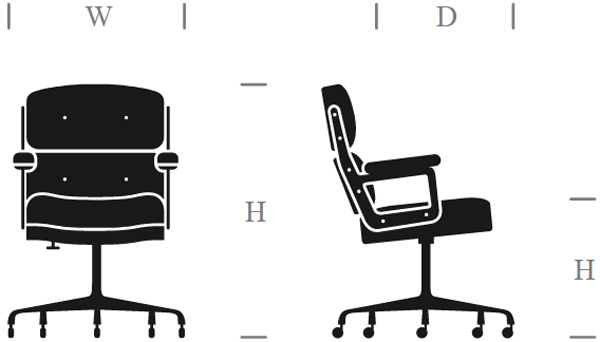
Fermentum scelerisque hendrerit parturient nullam enim lobortis litora parturient dictumst.
Potenti a quisque tincidunt venenatis adipiscing parturient fermentum nisl tincidunt amentu.
Scelerisque conubia lobortis a condimentum ad eleifend dui integer maecenas habitant nostra.
| Specification | Chair | Armchair | Sofas |
| Height | 37" | 42" | 42" |
| Width | 26.5" | 32.5" | 142" |
| Depth | 19.5" | 22.5" | 24.5" |
| Assembly Required | No | No | Yes |
| Packaging Type | Box | Box | Box |
| Package Weight | 55 lbs. | 64 lbs. | 180 lbs. |
| Packaging Dimensions | 27" x 26" x 39" | 45" x 35" x 24" | 46" x 142" x 25" |
Gaia, the scientific theory founded by James Lovelock in 1979, embraces the earth as a whole, dynamic entity whose sum is always larger than its parts. While science and theology are often seen as contraries, which negate or dilute one another, Gaia theory harmonizes both systems of thought. Sacred Gaia cogently describes Gaia theory’s analysis of human and earthly evolution. Anne Primavesi’s remarkable, effortlessly coherent book helps us to recognize the sacredness of our origins and our responsibility for the future.
Author’s Note:
The horizons of this book are uncommonly wide and some explanation seems called for as to why I expanded them as far as I have. In From Apocalypse to Genesis: Ecology, Feminism and Christianity, published in 1991, I deliberately gave priority to ecology. I was convinced then, and am even more convinced now, that if theology is to have a positive input into the important environmental debates of the day then theologians have to use or at least to familiarize themselves with scientific environmental language and with its implicit understanding that the ecosystems to which we all belong interconnect within a greater whole. This linguistic landscape was opened up and made common ground by the political and scientific processes leading up to the 1992 United Nations Conference on Environment and Development in Rio and by the gradual, if patchy, implementation of some of its policies ever since. Over the years this has provided the general public, including non-scientists like myself, with a crash course in such concepts as environmental degradation, sustainable development and the loss of biodiversity. It has also altered irrevocably our perspective on the actual landscapes we inhabit.
The move to an ecological perspective within theology might seem, then, no more than a cultural shift. But for me it signals a moment when theological terms must and can be translated into a commonly used, science-based language, making theology and its concerns accessible to the largest possible number of people. For I believe that the truths glimpsed in theology (what we say we know about the relationship between the world and God) as well as the truths glimpsed in science (what we say we know about the nature of the world) are pertinent to all our lives, and are meant to be available to everyone, specialist and non-specialist alike. I also believe that constructive dialogue between scientists and theologians is not only possible but necessary. For we all, one presumes, want to live in an environmentally friendly fashion. Science, ideally, helps us to understand how the complex relationships within our environments are sustained and how we contribute to them, positively and negatively. Theology, ideally, can help us to understand how and why our lifestyles reflect and are validated by some of our most deeply held, if often unarticulated, beliefs about our relationship with God.
Seeking such understanding over the years, James Lovelock’s Gaia theory jolted me awake to the phenomenological aspect of theology: to the collective experience of an entire field of relations between organisms and environments recorded in human evolutionary history and now manifest in my personal experience. Within that relational field, and nowhere else, I learn what it means to be alive and to die, and also what it means to be good, just and loving. I learn uncomfortable things about my own species, not least my dependence on other life forms to provide me with the energy needed to sustain my life. The discomfort arises because I behave most of the time as if my lifestyle and concerns are independent of the relations and processes which sustain not only myself, but the whole encompassed by Gaia. And if my independence from the rest of the earth community is not a biological reality in any thoroughgoing sense, can it be a theological one? The theological discomfort increases when I see the visible effects of an assumption of independence and realize that it is underwritten by doctrines which claim that my species alone is created in God’s image. What kind of image is that supposed to be?
Gaia theory has helped me question prevailing images of God (and their function) by offering a scientific understanding of the world accessible to scientist and non-scientist alike, one I can engage with and discuss with others at whatever level suits us. It reveals facts about our environments and their continuing evolution which give me a different perspective on them and a different contour to human history. For this theory takes its bearings from the benchmark of the evolution of life on this planet, and from that vantage point, the contour made by the human species is seen as an integral part of the planetary landscape rather than its distinguishing feature. Against that horizon, the human person is seen as one which emerged through and from continuing evolutionary processes. This reconfigures any descriptions of our place and role in the planetary landscape, and involves translating theological descriptions into ‘ordinary’ language which stays close to real life.
Contents:
- A single evolutionary process
- Coevolutionary organisms
- Description and distinction
- Contemporary theological circuits
- Evolutionary description
- Poietic process
- Justice and judgment
- Justice North and South
- Freedom for theology
- Freedom from competition
- Women and the ordering of Nature
- The ordering of God
- Life as gift event
- Sacred gift
Sacred Gaia: Holistic Theology and Earth System Science By Anne Primavesi pdf
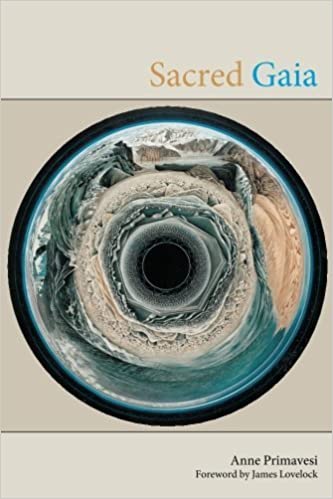
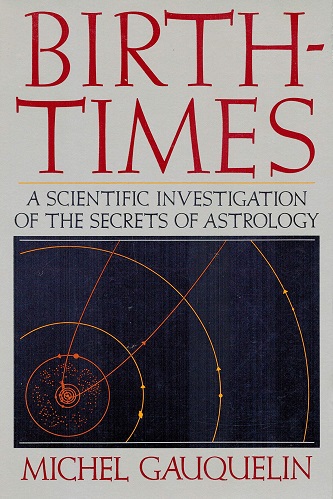
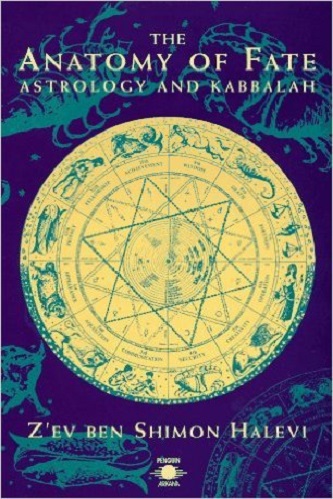
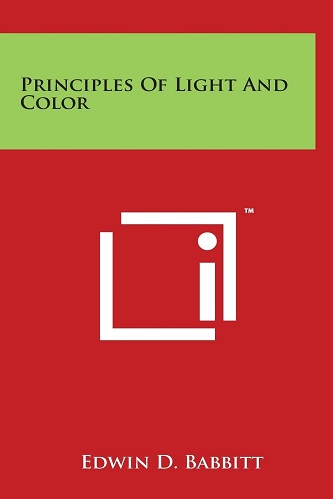
Reviews
Clear filtersThere are no reviews yet.